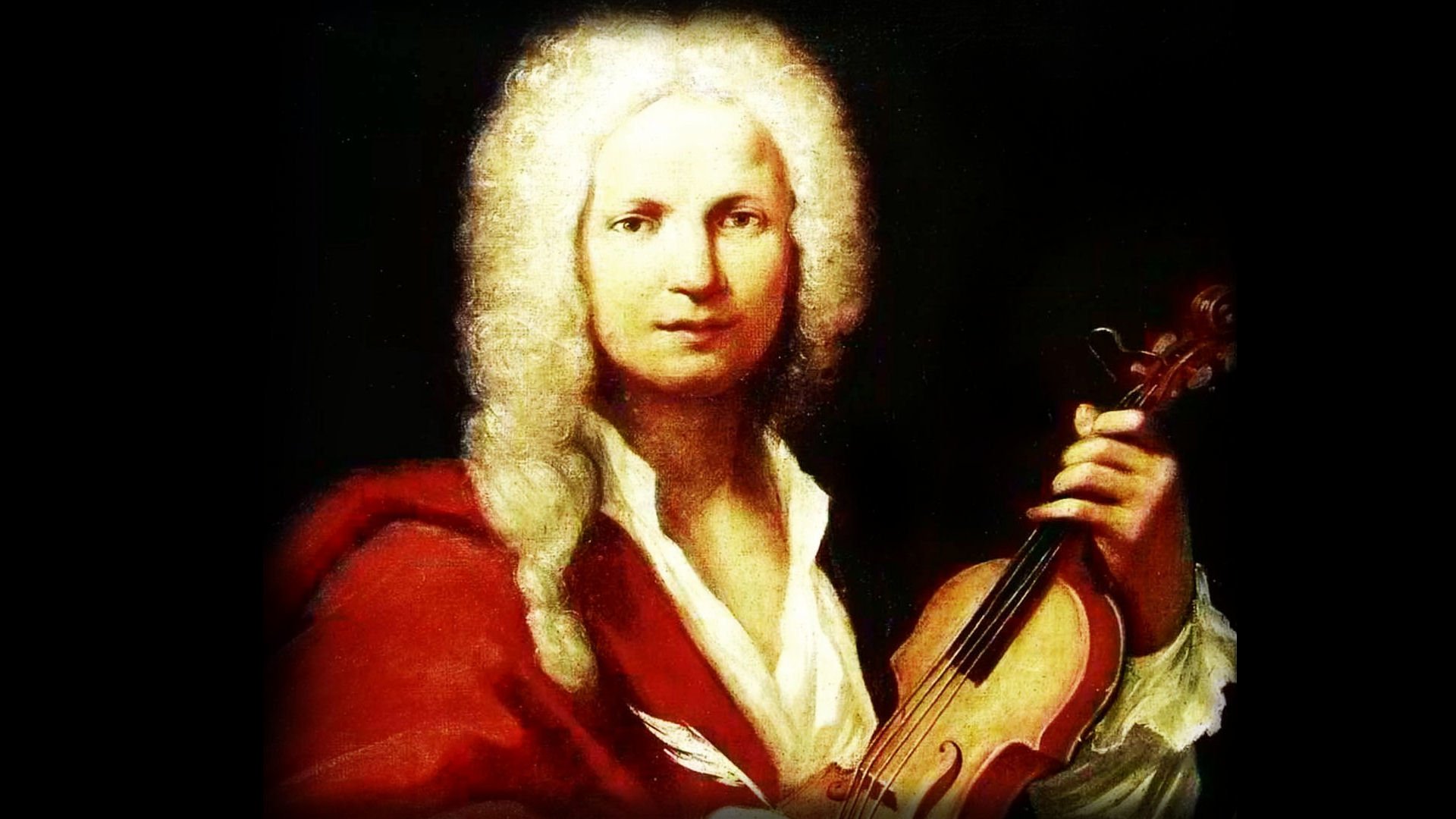Antonio Vivaldi, a virtuoso composer of the Baroque era, left an indelible mark on the world of classical music with his innovative compositions and unparalleled talent. Born on March 4, 1678, in Venice, Italy, Vivaldi exhibited a prodigious musical aptitude from an early age. His father, Giovanni Battista Vivaldi, recognized his son’s potential and guided him in the study of the violin.
Vivaldi’s early life was marked by his association with the Ospedale della Pietà, a charitable institution for orphaned and illegitimate girls. At the Ospedale, Vivaldi served as a violin teacher and conductor. It was during this time that he composed many of his most famous works, including the renowned set of violin concertos known as “The Four Seasons.” These concertos, each dedicated to a different season, showcase Vivaldi’s mastery of programmatic music, vividly depicting the changing moods and landscapes associated with each time of year.
Vivaldi’s prolific output extended beyond the concertos, encompassing a wide range of compositions, including operas, sacred choral music, and chamber music. His influence on the development of the concerto form and his contributions to the Baroque style were groundbreaking. Vivaldi’s compositions were characterized by their rhythmic vitality, melodic inventiveness, and expressive intensity.
Despite his immense talent, Vivaldi faced financial struggles throughout his life. He spent a considerable amount of time seeking patrons, and his fortunes fluctuated. At times, he enjoyed the support of powerful figures, including Emperor Charles VI, for whom he composed some of his most celebrated works. However, financial difficulties persisted, and Vivaldi eventually found himself in dire straits.
In addition to his musical pursuits, Vivaldi was ordained as a Catholic priest in 1703. Despite his clerical duties, he was granted dispensation from saying Mass due to his ill health, allowing him to focus on his musical career. This dual identity as a priest and a musician added a unique dimension to Vivaldi’s life and art.
Vivaldi’s music fell into relative obscurity after his death on July 28, 1741, in Vienna. It wasn’t until the mid-20th century that his works experienced a renaissance, with musicians and scholars recognizing his profound contributions to the Baroque period.


Comments are closed